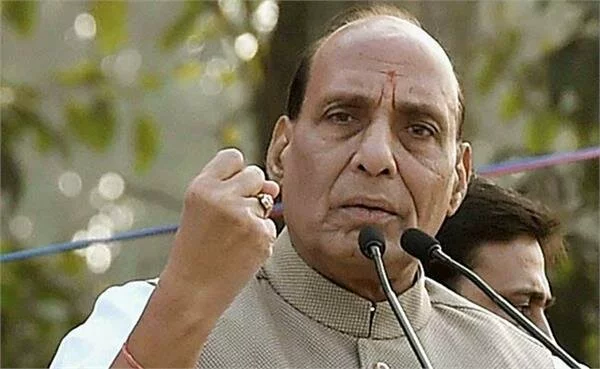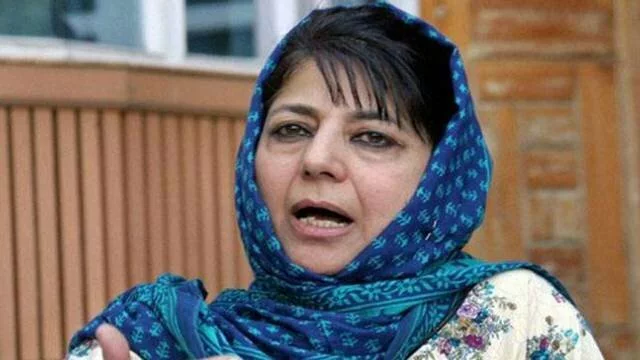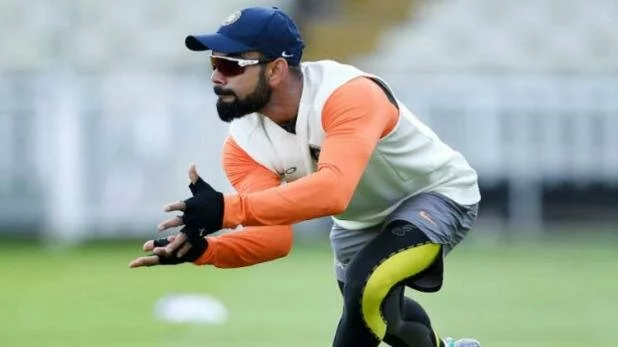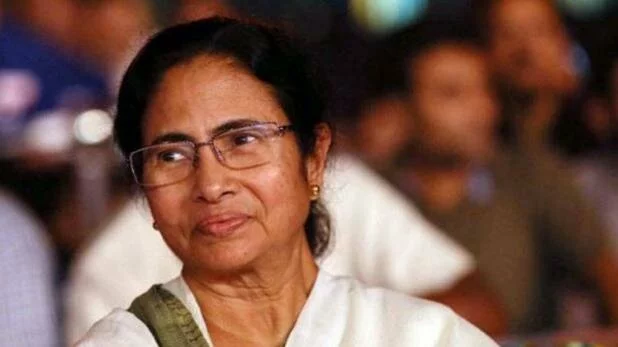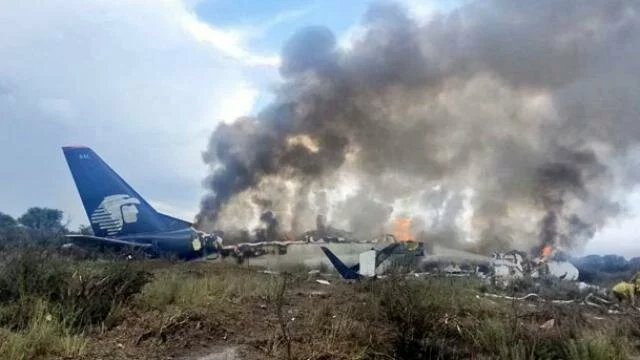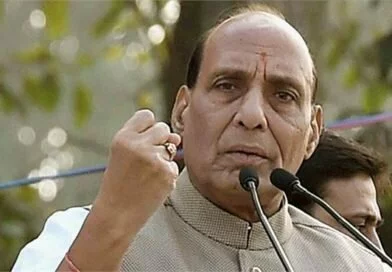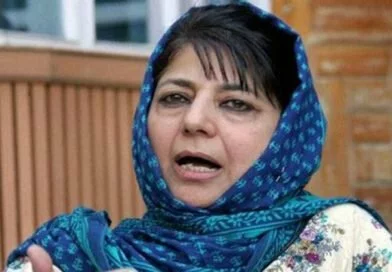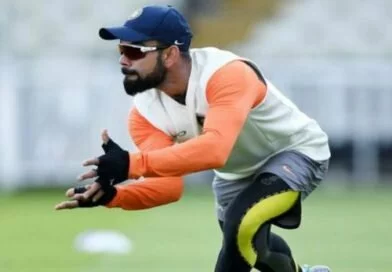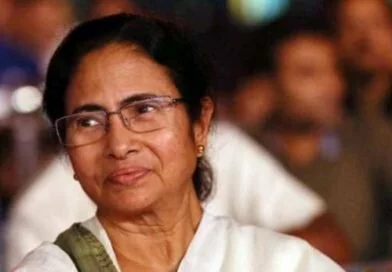राष्ट्रीय
Indo-Pakistani relations have generally been described as "endless conflict", but political scientist Christopher Clary says that characterization is grossly misleading. Clary made the comments on this week's episode of Grand Tamasha, a podcast co-produced by the Carnegie Endowment for International Peace and the Hindustan Times and hosted by Carnegie's Milan Vaishnav.
Clary is an assistant professor of political science at the University at Albany in the United States and the author of a landmark new book, The Difficult Politics of Peace: Rivalry in Modern South Asia, which means that the traditional Indo- Pak Ties overlooks a rich storied past of cooperation, dispute, struggle, and reconciliation that defies simple explanation.
“Leaders on both sides managed to realize a lot. We're paying attention to the things they haven't achieved," Clary explained, as was the dispute over cashmere. While some of the disputed borders were established in 1947, almost all of them are today. "The deal was fine in many factors in the relationship. There has been cooperation in many places to enforce the legislation... and now we have a serious flood situation in Pakistan and I would not be surprised at all if India and Pakistan discover a method to provide concrete help to the Pakistanis poor people affected by the incredible floods got better,” Clary said.
Clary previously served in the Office of the US Secretary of Defense, where she helped manage the India account. This experience, he said, had a critical impact on his career and prospects. Clary said this led him to the idea that the single most important variable shaping India-Pakistan relations was the primacy the leaders could (or could not) achieve over their own systems. According to Clary's ebook, the degree to which a state can respond to a strategic stimulus depends on the presence or absence of concentrated foreign political authority within a state, or "leadership primacy," as he puts it.
The centrality of concentrated executive power and its absence in Pakistan is the main reason why we have to be pessimistic about the short-term prospects for peace between India and Pakistan, says Clary. “If there is something that contradicts the primacy of the leader, it is the current situation in Pakistan. It is almost unimaginable for me to think of this system with the flexibility to hold negotiations with India…because every day it is about the politics of perpetual crisis,” Clary famously said. He compared this to the situation in India, where Prime Minister Narendra Modi has the "political capital within the Indian system to achieve tremendous things" even as he faces ideological challenges, from personal celebrations to aspirations for peace on the Indian mainland. Front pack.
Subscribe to our best newsletters
Choose a topic of your curiosity and subscribeSuccessfully subscribed to the e-newsletter
अंतर्राष्ट्रीय
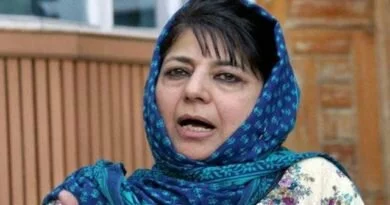
PM मोदी और इमरान खान के बीच बातचीत के बाद महबूबा मुफ्ती ने जताई यह उम्मीद
प्रधानमंत्री नरेंद्र मोदी द्वारा पाकिस्तान तहरीक-ए-इंसाफ (पीटीआई) के प्रमुख इमरान खान को फोन कर संसदीय चुनावों में उनकी जीत की
खेलकूद
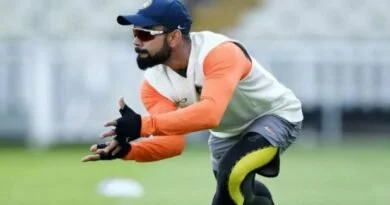
कोहली का खौफ, टेस्ट सीरीज के लिए इंग्लैंड के कप्तान ने बनाई खास रणनीति
इंग्लैंड के कप्तान जो रूट ने कहा कि उनकी टीम के पास भारतीय कप्तान विराट कोहली के लिए खास योजना

मनोरंजन

लद्दाख में मोटरसाइकिल चलाते नजर आए सलमान खान, बैकसीट पर बैठी थी ये हीरोइन
सलमान खान इन दिनों अपनी अगली फिल्म ‘रेस 3’ की शूटिंग कश्मीर के सोनमर्ग में कर रहे हैं. वे यहां
ज्योतिष
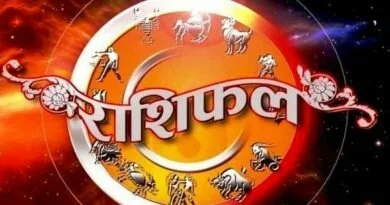
राशिफल: 27 जुलाई 2018,शुक्रवार
मेष (Aries): गणेशजी के अनुसार आज आपका दिन आध्यात्मिक दृष्टि से अच्छा होगा। आध्यात्मिक सिद्धियां मिलने का योग हैं। आज
लाइफ स्टाइल

विटामिन बी 12 की कमी के बारे में 21 महत्वपूर्ण तथ्य
विटामिन बी 12 एक बिजलीघर है यह डीएनए, तंत्रिका और रक्त कोशिकाओं को बनाने में मदद करता है, और एक
योगमाया
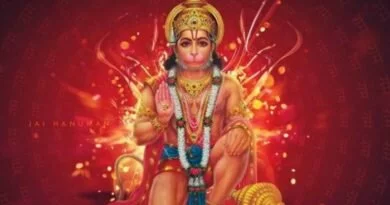
आसनसोल में असहज शांत, हनुमान जयंती के आगे तैनात पुलिस तैनात हैं
आसनसोल / कोलकाता: शुक्रवार को एक बर्खास्त शांति पश्चिम बर्दवान लौटा, जब पिछले रविवार के राम नवमी जुलूस के बाद


